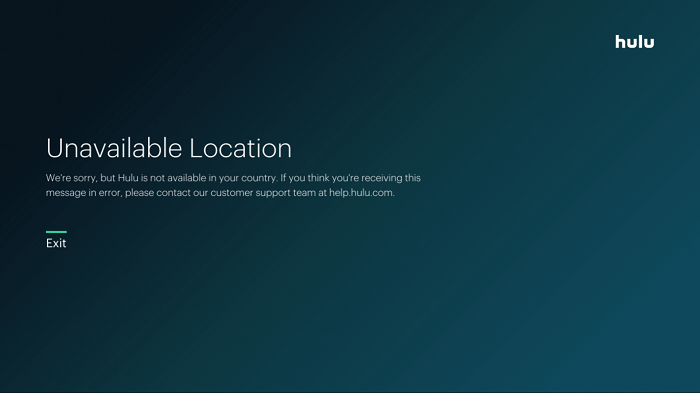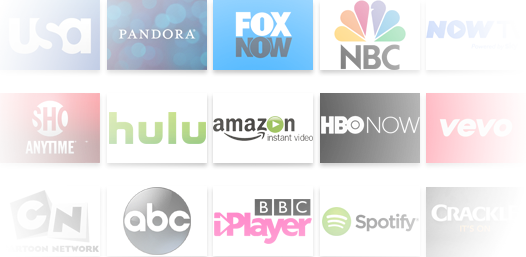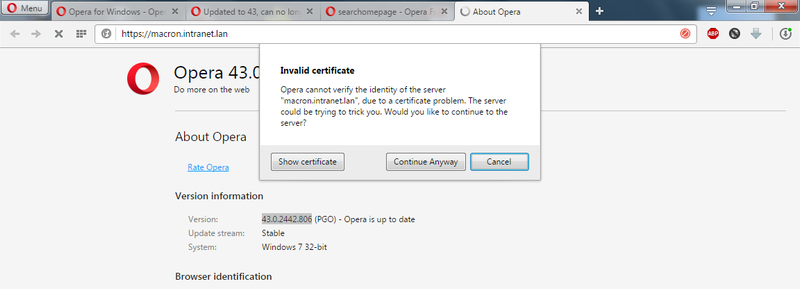How To Unblock Websites – 10 methods
Last updated on March 15th, 2022 in VPN

Websites are an important part of the modern world, but they can be difficult to access when you live in a country with internet censorship. Luckily we’ll show how easy it is to unblock websites using VPNs (virtual private networks) and browse freely without restrictions or limitations.
But that isn’t the only way to access a website that has been restricted by your school, employer, or even the government (I’m looking at you, China). Open proxies or simply playing with your DNS settings can also help on occasion.
So, with that out of the way, let’s have a look at some of the ways to access the web freely while avoiding censorship and geo-restrictions.
Websites that aren’t available in your country might be blocked by a firewall or government censorship. This can happen for many reasons, including limited bandwidth and server space as well as legal restrictions on the content they host (such things are often protected under law).
Blocked sites may also have been removed from search engines if their webmasters have engaged with them erratically over time- making it hard –or sometimes impossible!–to find information about what was once there at all!
Regardless of the reason, there are ways how to unblock websites as well as obstacles to it, they are as follows:
Geo-restriction is restrictions used by content providers to prevent online users from certain countries from accessing their websites or specific pieces of content on the platform. The way this works is through an IP address, which contains information about where you’re located in relation with respect to your physical location (e g: country), and since these internet Protocol Addresses can be blocked depending upon what region they come from – we end up seeing redirected pages instead when trying access them.

Blocking websites is a very common practice in workplaces and educational institutions. This measure has been taken so that employees don’t have access to content that could compromise their job or schoolwork, but it also means they can’t even get online for work-related purposes such as checking email during breaktime.
Also an influence on how to unblock a website or how to block it is your ISP that has the power to restrict your experience online. There are many reasons why ISPs are blocking websites and most of them are government-related issues or internal policy. It is something you need to inform yourself of before subscribing to a service.
You may have heard that there are many ways to get around website blocks, but not all of them will work in every situation. We’ll cover some common methods for unblocking sites on your internet browser first and then go over more “unconventional” approaches if they’re worth mentioning at all (geo-blocking or firewall restrictions).

VPNs are a great way to hide your online identity by connecting with one. When you connect, any site that is accessed will only see the VPN’s IP address instead of yours so it becomes difficult for hackers or surveillance agencies to access information about what websites we visit & emails sent/received through our accounts on these platforms.
How does a VPN unblock a website? It’s quite simple. Let’s say you want to access a US website like Netflix. Using a VPN you can connect to a USA location and your IP on the web becomes an American one, therefore granting you access to the US library of Netflix that is restricted in other countries.
There are also other applicabilities like accessing your Bank account abroad or a PayPal account created in another country.
VPNs are a great way to keep your data safe and secure, but they do have some drawbacks. For starters, the distance between you and any given VPN server can affect how quickly things transfer over that network connection – especially if encryption levels differ accordingly. Whilst using it you should also understand how VPN affects speed and how to optimize the setup for you to get the best experience from using it.
HideIPVPN offers a VPN service with military-grade encryption, and high-speed servers with unlimited bandwidth.
Our service comes with shared IP addresses so that your activity can never be tied to one particular user, further protecting your privacy.

We also offer DNS leak protection, a Kill Switch, the latest VPN protocols, and a guaranteed no-log policy.
Every purchase you make comes with a 30-day money-back guarantee.
A Smart DNS is a tool based on technology that sends your DNS queries to its own servers rather than the servers of your internet service provider, allowing you to circumvent some restrictions, primarily geographical ones.
Does VPN bypass unblocked websites? Yes. Does SmartDNS bypass unblocked websites? Yes, but there are some specifics here as the list cannot be as comprehensive as with using VPN.
Replace your real DNS with a SmartDNS and you’ll be able to unblock websites. The service will also intercept connection requests from those pesky geo-location hackers, replacing data found in them that leaks information about where you are now located—with something more suitable for an “acceptable” location. It is primarily used to gain access, without losing speed, to geo-restricted websites for streaming platforms.

Using SmartDNS does have some drawbacks, especially security-wise:
Proxies are a great way to hide your IP address and unblock websites if you’re in an area where there are too many users. However, because they don’t secure traffic like HTTPS does (and even let the owner see what sites/links are being requested) it might not be as safe for everyone else who uses that same proxy–especially considering how crowded some proxies get!
So if you are using it, it’s best to stay away from the free ones and opt for one a VPN provider is already offering, since most of them do. You can get a Chrome Proxy add-on or Firefox Proxy add-on without much hassle these days.
There’s always the possibility that your institution will block specific URLs rather than IPs. If this is the case, you can unblock a website using its IP address.
In case you’re not familiar with the terms, a URL is the website address string you see in your address bar (such as https://facebook.com or https://reddit.com), whereas an IP address is a unique sequence of numbers assigned to the server that hosts the website. You can enter it into the address bar and go to the desired website.
While this isn’t the most efficient method on the list, it might work on occasion. Basically, some websites may be hosted in VPN or Dedicated Server Environments and have an unverified SSL certificate.
If that’s the case (and there’s no way of knowing), try typing “https://websitename.com” into your browser’s address bar instead of “www.websitename.com” or “http://websitename.com.” If this method works, you’ll be prompted with a security warning; simply click “Proceed Anyway,” and the website will be unblocked.

You can use a portable browser that also acts as a proxy, such as KProxy. This product is available in both portable and installation versions.
The best thing about the website browser is that it allows you to browse the internet without having to type the website address into the main URL bar. Instead, you enter the URL into the text box in the center of the KProxy website.
Using VPN to unblock a website might not always be necessary if you’re not trying to bypass geo-restrictions. When a website is blocked in a particular area, it is the ISP that blocks traffic to and from that website. Changing your ISP’s DNS settings to something else may help you access the site. You can, for example, change your DNS to Google Public DNS.
To change DNS, right-click the network icon in the taskbar and select Open Network and Sharing from the menu that appears. Double-click on your network in the resulting window. It will open a dialog box where you can change the DNS settings for IPv4.
The Tor browser is an open-source internet anonymity tool created as a response to online censorship. It sends your data through volunteer servers which hide both the destination server and source IP address, allowing you access pages on websites otherwise blocked by governments or employers who monitor computer usage activity in their countries.
Want to give Tor a shot? Download and use it as your regular browser. Keep in mind that when using the network, you might experience slower speeds than usual while browsing with this software installed; however, some websites may still be blocked due to its anti-surveillance features which make them dangerous for governments or other organizations who want access without permission.
The main cons of using it are:
While this method cannot be used with video content, it can be used if you are only interested in reading blocked website content. To put it simply, you can use a service like SodaPDF to convert HTML content to PDF format. Simply enter the website’s URL and download the PDF, and you’re ready to go.
To read a webpage that is generally banned, you might possibly utilize Google Translate Web or Bing Microsoft Translator. The idea is to copy the URL of the page you wish to see and let the translation tool do the rest. After a few seconds, the page will normally be shown.
If a website fails to open in English, try changing the language inside the translation(right) panel
Remember, this trick won’t work with child Google translate that you see on your Google search results. Visit the vanilla version, i.e., translate.google.com.

There are a lot of ways that you can get around website blockages, but one way is by using both VPNs and Smart DNS. While Proxies or Tor may also work in some cases they’re less dependable than these two tools for getting your content.
Having a variety of alternatives to unblock sites feels freeing, whether you live in a country where the bulk of foreign websites are prohibited or you simply want to view a Netflix movie that isn’t accessible in your zone. Furthermore, software programs such as HideIPVPN make the process very straightforward, even for inexperienced users.